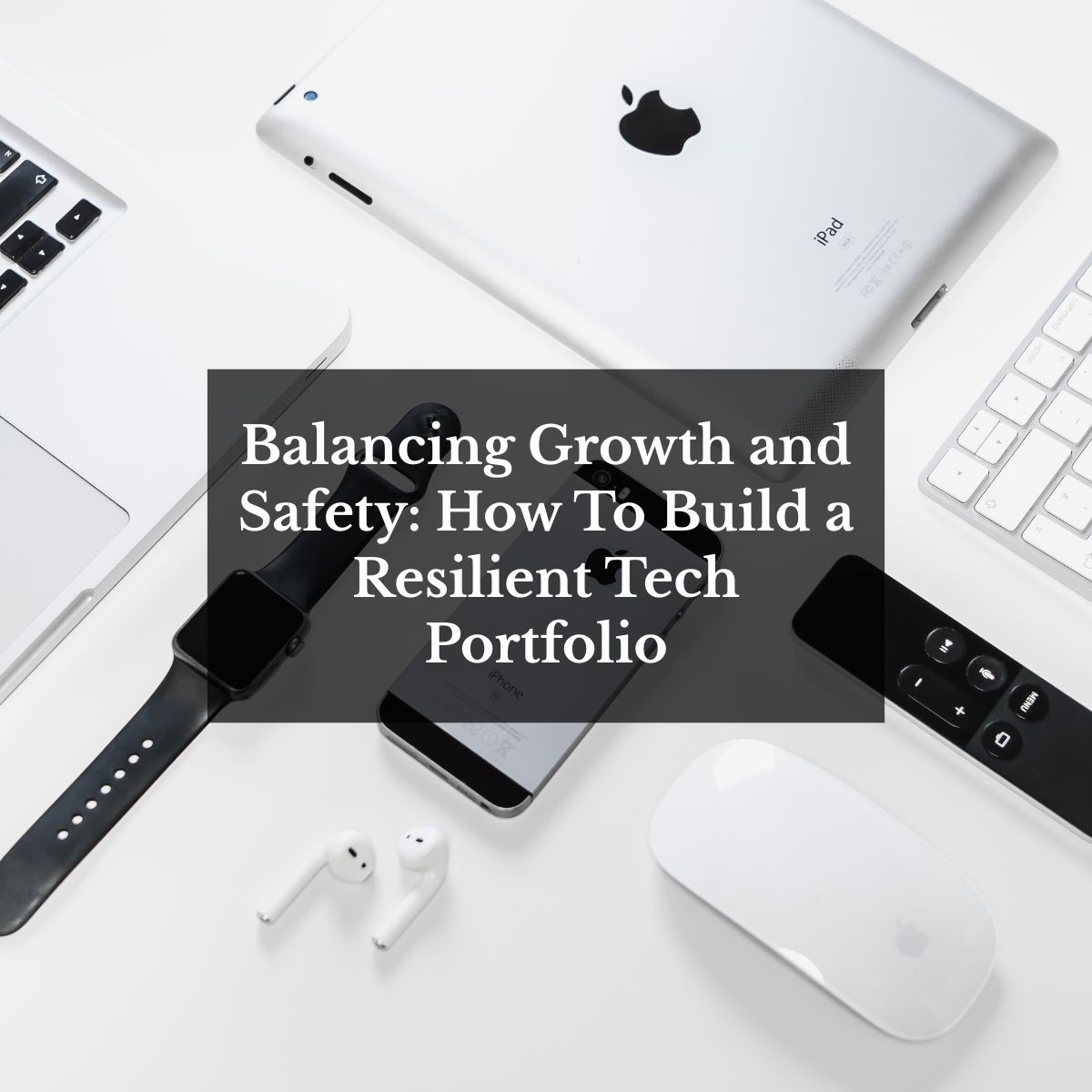Emerging markets are being called upon to do the global economy’s heavy lifting, causing some investors to rush into the asset class while causing others to fear that a bubble is forming.
“Asset flows into (exchange traded funds) , which I consider fast money, were going into emerging-markets ETFs,’’ says Steven Rogé, portfolio manager of the Rogé Partners Fund. “At one point [this year] there was more money in emerging markets funds than in their developed market peers, even though the market for developed nations is much bigger. That’s a lot of really hot money chasing a lottery ticket and for me that doesn’t end well.”
But if a bubble was inflating through much of the year, a lot of the air has been let out in the last six weeks.
Using ETFs as a bellwether, two of the three best sellers in July were emerging-markets funds from Vanguard and iShares, which attracted a combined $3.5 billion, according to IndexUniverse.com. Funds investing in emerging-markets bonds have also been hot sellers. The trend reversed sharply in August, as the world became more risk averse and iShares emerging-market fund was the second-worst seller with outflows of $1.4 billion.
Some money managers see the pause creating a healthier environment for the future.
“I was constructive on emerging markets until August and just recently became more bullish,’’ says James Donald, head of emerging markets at Lazard Asset Management, who judges emerging-market stocks based on fundamental measures, including price-to-cash flow ratios and return on equity. “In our view, the selloff brought valuations from relatively attractive to very attractive.”
Donald says inflation is still a concern, but barring a global crisis, he sees the risks in emerging markets being to the upside. China is undergoing an industrial revolution that still has at least six to seven years to go, while infrastructure spending is also a stabilizing force in other countries.
Nevertheless, robust gross domestic product growth and low debt in emerging markets compared to the mature economies of the West may have lulled some investors into a false sense of security that all is well in Latin America and Asia.
In fact, the two regions home to most emerging-market companies appear to be headed in different directions. Bank of America Merrill Lynch expects monetary policies to diverge as Asia continues to deal with inflationary pressures and Latin America struggles with growth concerns.
Brazil was forced to make a surprise interest-rate cut in late August to shore up flagging growth, while China and India are facing housing bubbles, says Steven Jon Kaplan of separate accounts manager True Contrarian.
Since many emerging markets are exporters to the West, stocks there could be hurt as badly as, or worse, than in developed markets should the U.S. or Europe fall into recession .
“The biggest risks are policy errors in the developed market space,’’ says Sara Zervos, portfolio manager of the Oppenheimer Emerging Markets Debt Fund.
Tepid growth or recession in the West would force China to take up the slack in global demand, Zervos added. And it’s by no means certain that the world’s second largest economy is up to the task.
While China deals with overheated prices for high-end residential and commercial properties, the government is having a hard time building enough housing to support a lower-income population. Rogé of Rogé Partners Fund says China is also having difficulty keeping its cheap, goods-producing workforce in place due to demand for higher wages. Improved wages are crucial to spurring the domestic consumption that could take pressure off the U.S.
Inflation weighs over Asia, but a cycle of potential rate cuts in Latin America could be a boon for both emerging-markets stocks and bonds, especially bonds denominated in local currencies.
So whether the makings of a bubble in emerging markets become a real threat to investors depends on the near-term direction of the global economy.
“There are a lot of global macro themes going on, a flight to quality, a rush to the dollar,’’ Zervos says. “When all these themes intersect, it’s hard to see where the dust will settle. If there’s no double-dip, then we should see a weak dollar theme and (emerging markets) currencies will do great.
“But if developed markets go into recession, that will be a risk-off event for emerging markets.”



